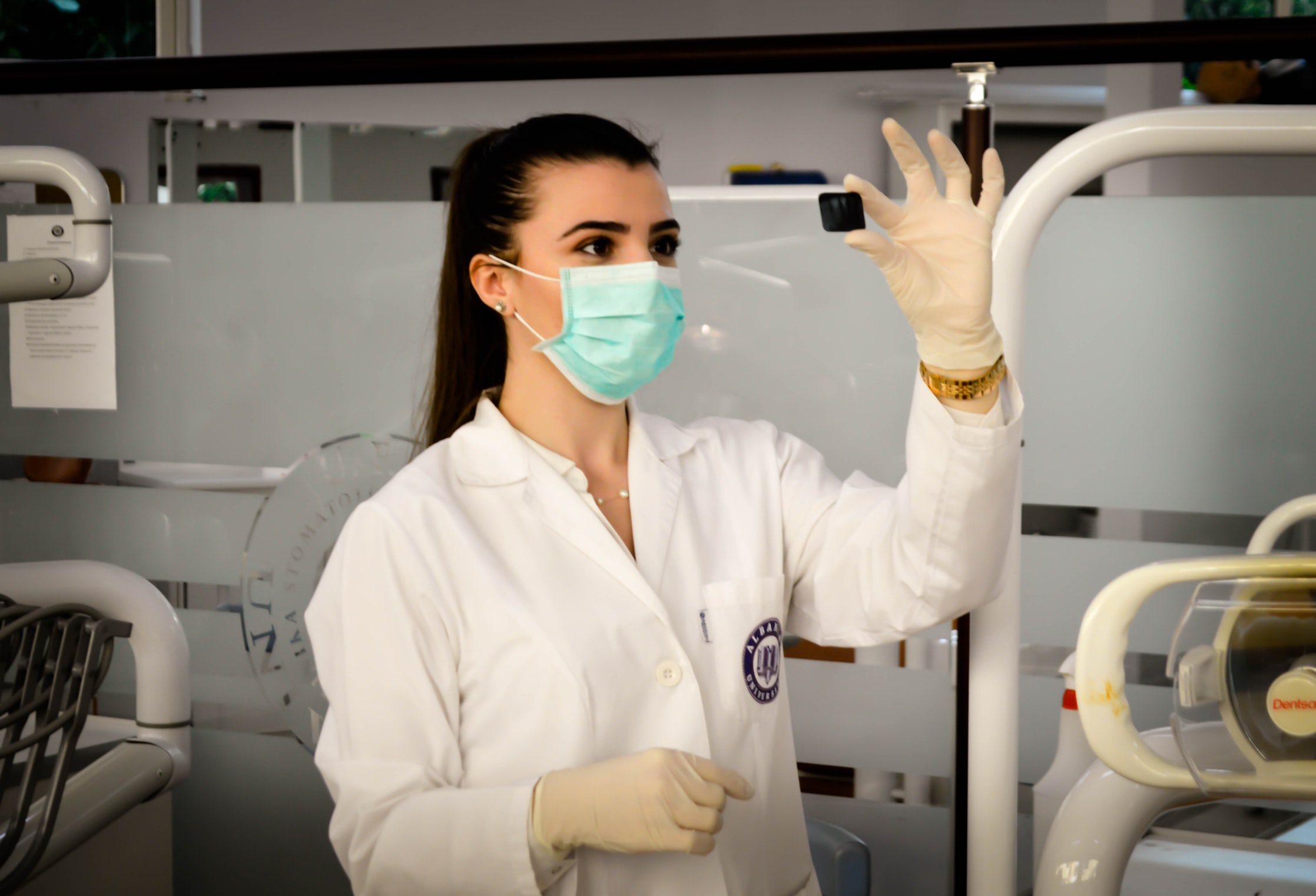Comments (3)
Richard Webber
Not all heroes wear capes, these people deserve our support and gratitude
Kieran Roper
Thank you to everyone who is working through this.
Steve Grantham
May God bless and protect everyone in the sickcare industry.

According to a recent Linkedin report, working from home isn't a barely tolerated eccentricity anymore -- it's become a competitive advantage. Fresh data from LinkedIn's Economic Graph team shows a big leap during March in remote-work job postings by U.S. companies of all sizes.
BC (before COVID), most healthcare workers did side hustles remotely. AC (after COVID), working from home is de rigueur and likely to be a permanent fixture. The most obvious job is being a teledoc, but, I suspect the sickcare help wanted section will be advertising for:
A recent MIT report on "Work of the Future" addresses what might be the most critical question of the digital economy: As emerging technologies raise aggregate economic output and the wealth of nations, will they also enable people to attain greater economic security and improved health and longevity?
Creating a 21st Century health care workforce will take some heavy lifting to fill the gaps that are being created by the formal and informal forces driving change. Those forces include:
So. what should you do now to find a sickcare job in a recession?
Pick and Choose Your Targets
Concentrate on Growth Industries
Pick your spot
Work Your Network
Sell Yourself
Consider a side hustle
Take a Temporary Position
Sweat the Small Stuff
Stay Positive
Redo your Linkedin profile
Since higher education and the medical education establishment suffers from craniorectal inversion syndrome when it comes to rapidly responding to the new world, expect edupreneurs to create education and training programs to graduate the remote sickcare workforce of the future. If you are interested in being one of those people, follow these principles of entrepreneurship and be sure to you have the word "remote" on your Linkedin profile.
Arlen Meyers, MD, MBA is the President and CEO of the Society of Physician Entrepreneurs on Twitter@ArlenMD and Facebook page.
Not all heroes wear capes, these people deserve our support and gratitude
Thank you to everyone who is working through this.
May God bless and protect everyone in the sickcare industry.
Arlen Meyers, MD, MBA is a professor emeritus of otolaryngology, dentistry, and engineering at the University of Colorado School of Medicine and the Colorado School of Public Health and President and CEO of the Society of Physician Entrepreneurs at www.sopenet.org. He has created several medical device and digital health companies. His primary research centers around biomedical and health innovation and entrepreneurship and life science technology commercialization. He consults for and speaks to companies, governments, colleges and universities around the world who need his expertise and contacts in the areas of bio entrepreneurship, bioscience, healthcare, healthcare IT, medical tourism -- nationally and internationally, new product development, product design, and financing new ventures. He is a former Harvard-Macy fellow and In 2010, he completed a Fulbright at Kings Business, the commercialization office of technology transfer at Kings College in London. He recently published "Building the Case for Biotechnology." "Optical Detection of Cancer", and " The Life Science Innovation Roadmap". He is also an associate editor of the Journal of Commercial Biotechnology and Technology Transfer and Entrepreneurship and Editor-in-Chief of Medscape. In addition, He is a faculty member at the University of Colorado Denver Graduate School where he teaches Biomedical Entrepreneurship and is an iCorps participant, trainer and industry mentor. He is the Chief Medical Officer at www.bridgehealth.com and www.cliexa.com and Chairman of the Board at GlobalMindED at www.globalminded.org, a non-profit at risk student success network. He is honored to be named by Modern Healthcare as one of the 50 Most Influential Physician Executives of 2011 and nominated in 2012 and Best Doctors 2013.
Leave your comments
Post comment as a guest